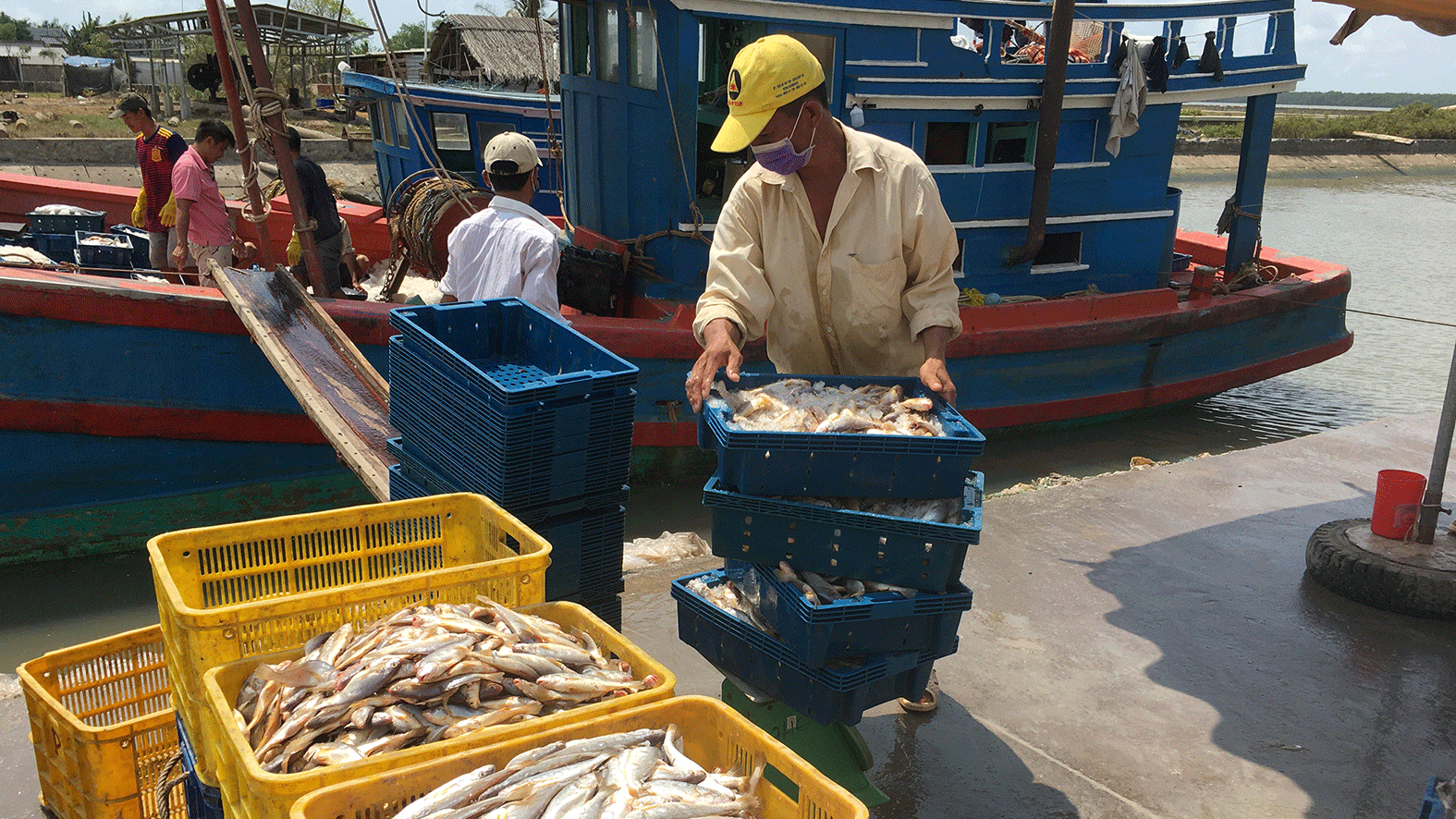 |
Marine fish for export (Photo: SGGP) |
According to Trade Counselor in Belgium and the EU Tran Ngoc Quan, the diplomat noted that for agricultural products, the tariffs of many items were reduced to 0 percent immediately when the trade pact took effect or will gradually decrease to the point over a period of 3-5 years, adding this is a significant advantage for Vietnam's farm produce in entering the EU.
About rice, which Vietnam exported 97,000 tons to the bloc last year, up 65 percent from 2021, Quan said the EU imports between 1.7 and 2 million tons of the grain on an average annually. The competition in the market is fierce because of the quota and tariff issues.
For Vietnam, it is among the commodities enjoying an EVFTA-induced 0 percent tariff rate, he stressed.
Quan said the sides’ two-way trade has also grown, signaling a positive development. Exports from the EU to Vietnam in the years 2021-2022 increased by between 20 percent and 25 percent. European goods are of high quality and sustainable, thereby helping enhance the value standards of Vietnamese products.
On the EU’s stricter requirements of commodity quality, sustainability, and safety, the diplomat recommended that Vietnam shift from producing a large quantity for reasonable cost to focusing on sustainable products with value added to better meet EU standards.
According to Quan, his office has continuously updated and disseminated information on the bloc’s regulations to businesses, adding that without immediate preparation, Vietnam could easily miss the opportunities, as it's a competition of not only market access but also quality serving strict standards.
























